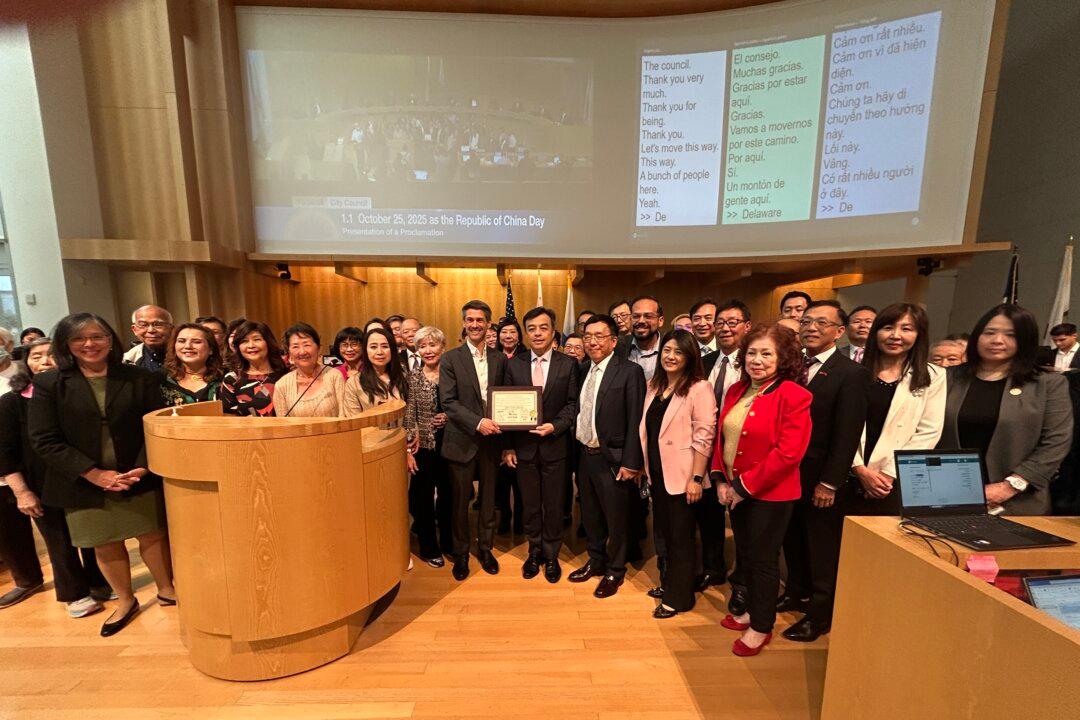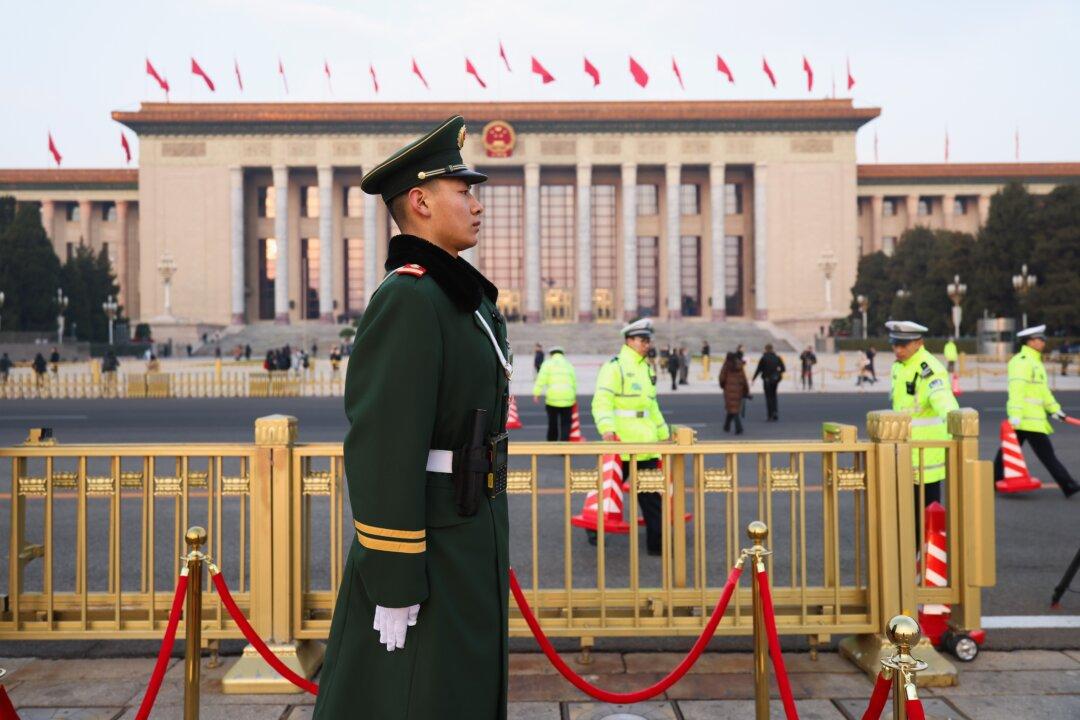Rick Perry, the U.S. Secretary of Energy who recently announced that he plans to resign later this year, has been nominated by the New California State movement to be the interim governor of the proposed new state.
“He is coming to us,” Paul Preston, president of the new state movement, said enthusiastically.





